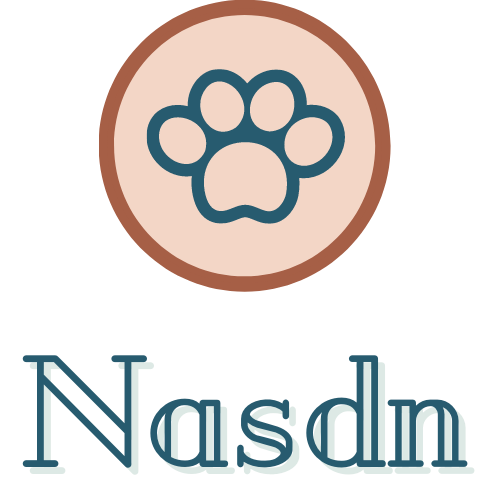Marketing strategies form the backbone of business growth, guiding companies through competitive landscapes with purposeful approaches that connect with audiences and drive results. Crafting these strategies requires understanding market dynamics, consumer behavior, and leveraging digital tools effectively to maximize reach and impact.
Customer-centric marketing approaches
Modern marketing success hinges on placing customers at the center of all initiatives. This shift from product-focused to customer-focused strategies creates meaningful connections that translate into loyalty and sustainable growth. Digital marketing, SEO, and social media marketing have revolutionized how businesses build relationships with their target audiences.
Building strong customer relationships
Creating lasting customer relationships starts with understanding audience needs and delivering consistent value. Social media platforms serve as powerful relationship-building tools when used authentically – 63.7% of people are active on social media, making these channels vital for brand visibility. Lead nurturing through personalized communications builds trust and loyalty, while email marketing remains a crucial direct communication channel for fostering relationships. For comprehensive guidance on relationship marketing strategies, you can access marketingplay.es which provides valuable insights on building lasting customer connections.
Personalization techniques for enhanced engagement
Personalization transforms generic marketing into relevant experiences that resonate with individual customers. Analytics and marketing automation enable businesses to tailor messages based on customer data and behavior patterns. Only 23% of companies report having well-developed capabilities for personalized targeting, highlighting a significant opportunity for growth. Video marketing offers personalized engagement opportunities – 86% of marketing professionals who use video report increased website traffic. AI-powered tools enhance personalization efforts, with 83% of companies now ranking AI as a top business priority. You can find detailed implementation strategies for personalization on marketingplay.es to boost your consumer engagement metrics.
Digital marketing tactics for expansion
Modern business growth requires strategic digital marketing approaches that adapt to changing consumer behaviors and technological advancements. Digital marketing serves as the backbone for businesses seeking expansion in today’s competitive landscape. A comprehensive strategy integrates multiple channels to maximize reach, engagement, and conversion opportunities.
Marketing encompasses numerous moving parts that work together to connect with your target audience and deliver value at optimal moments. With 63.7% of people active on social media and 92% of online sales starting with a Google search, digital presence has become essential for sustainable growth.
Leveraging social media platforms effectively
Social media marketing goes beyond simply maintaining profiles—it requires strategic planning and authentic engagement. Select platforms where your target audience is most active rather than trying to maintain a presence everywhere. YouTube stands as the second largest search engine with over 2.5 billion logged-in monthly users, while TikTok ranked as the second most downloaded app globally in 2022.
Successful social media marketing injects brand personality into content while maintaining consistency. Use these platforms as resources for audience engagement rather than purely sales channels. Focus on increasing follower outreach, market engagement, and strategic influencer collaborations to drive meaningful ROI. Creating video content proves particularly effective, with 86% of marketing professionals reporting that videos have directly increased sales and website traffic.
Data-driven marketing decisions
Analytics-powered marketing enables precise targeting and optimization of campaigns. Despite its importance, 64% of respondents admit making marketing decisions not primarily influenced by analytics—representing a significant opportunity gap. Implementing data-driven strategies helps allocate resources effectively and maximize marketing ROI.
AI technologies transform marketing capabilities, with 83% of companies naming AI as a top business priority. Generative AI alone could bring approximately $463 billion in annual marketing productivity value. AI enhances decision-making processes, personalizes customer experiences, generates content, and forecasts demand patterns. While only 30% of organizations report having developed capabilities for personalized targeting, those investing in these technologies gain competitive advantages.
Website optimization serves as a foundation for data-driven marketing. Fast loading times (under 2 seconds), intuitive navigation, and mobile compatibility directly impact visitor retention and conversion rates. SEO practices align content with search engines through strategic keyword incorporation, technical optimization, and content quality improvements.
Email marketing, remarketing, and paid advertising campaigns benefit from data insights to deliver personalized communications that build trust and loyalty. When combined with referral marketing programs—leveraging the fact that 84% of people trust recommendations from acquaintances more than brand advertising—these tactics create a cohesive growth strategy for businesses looking to expand their digital footprint.

